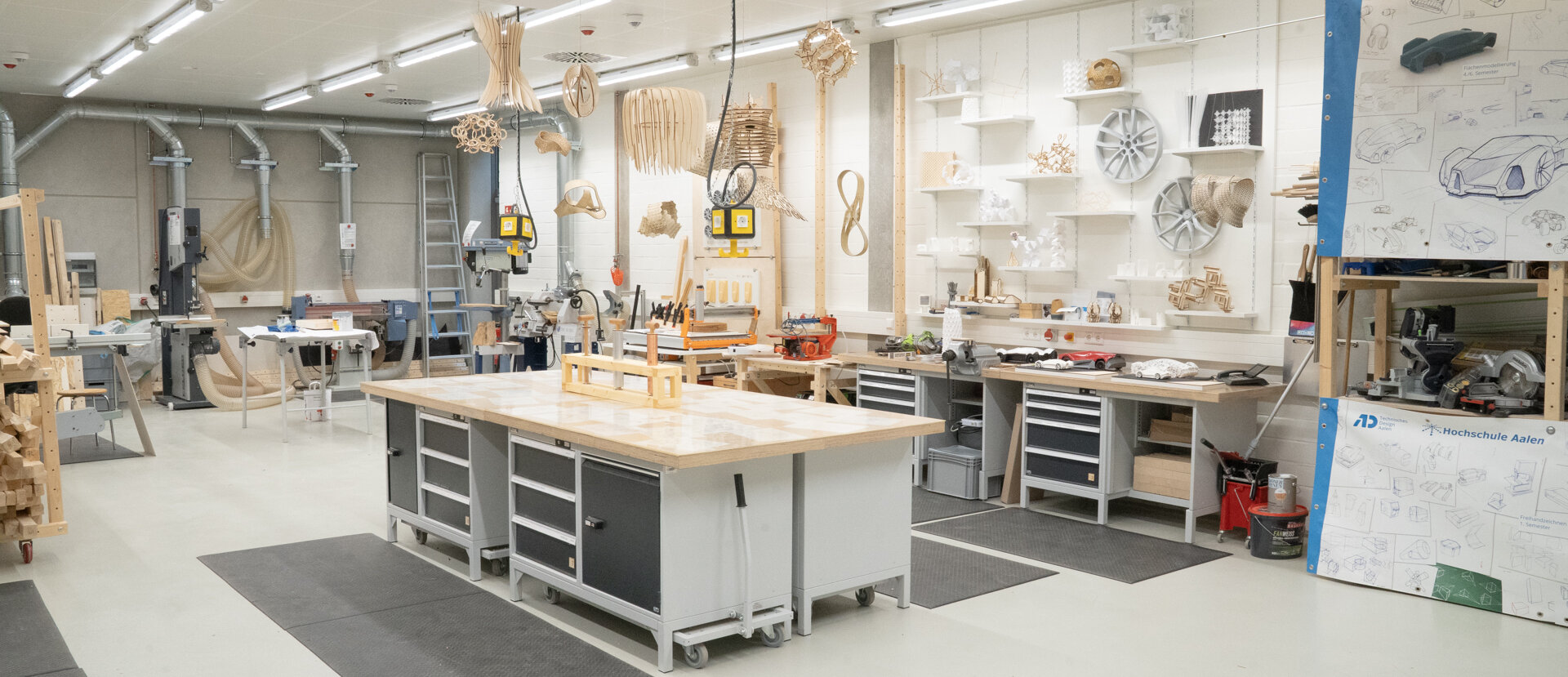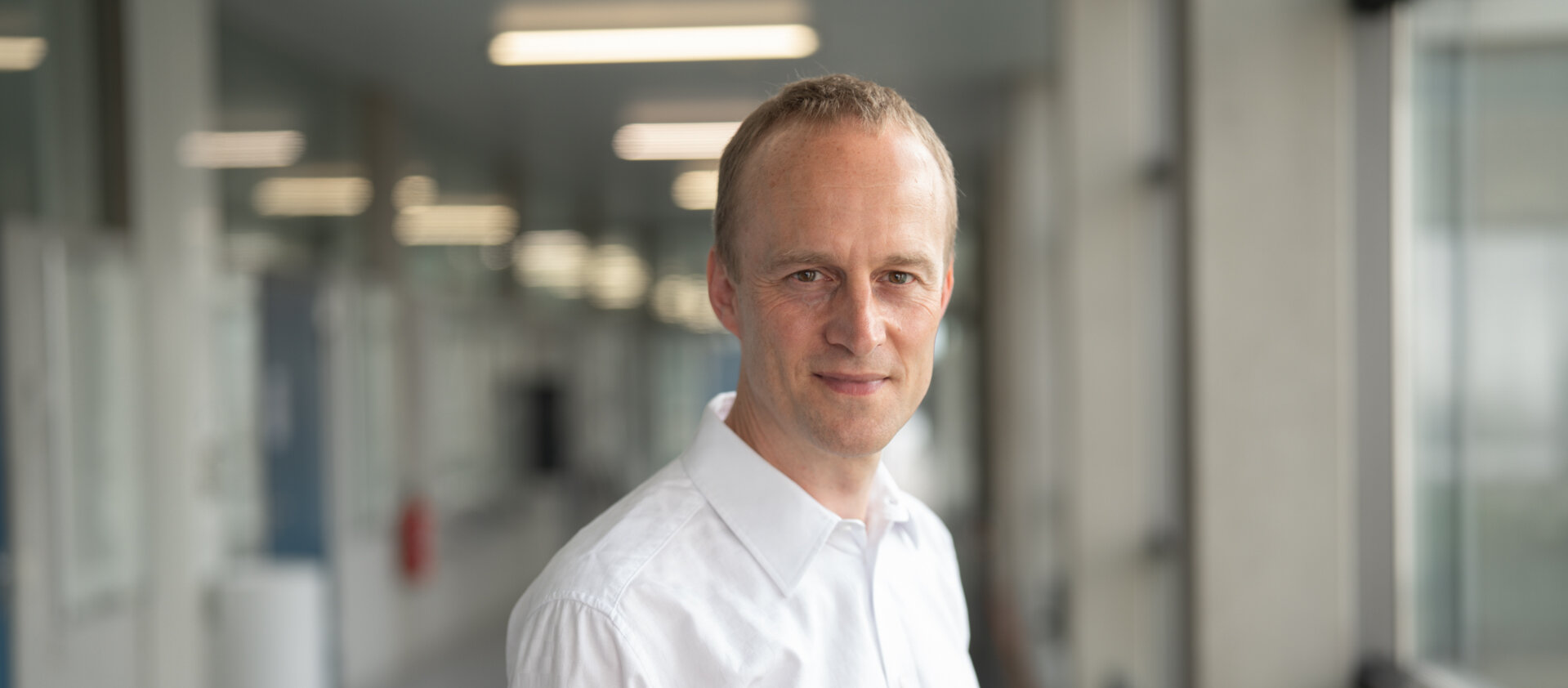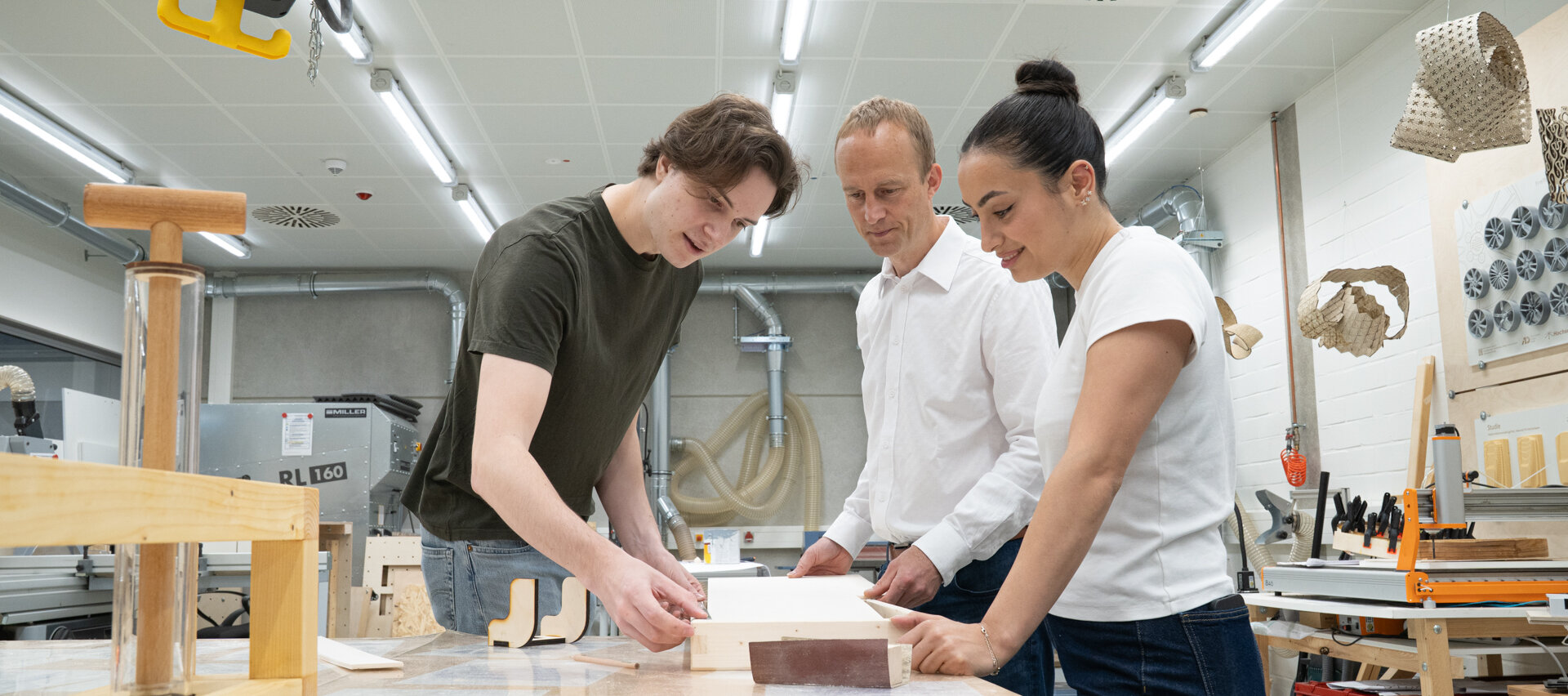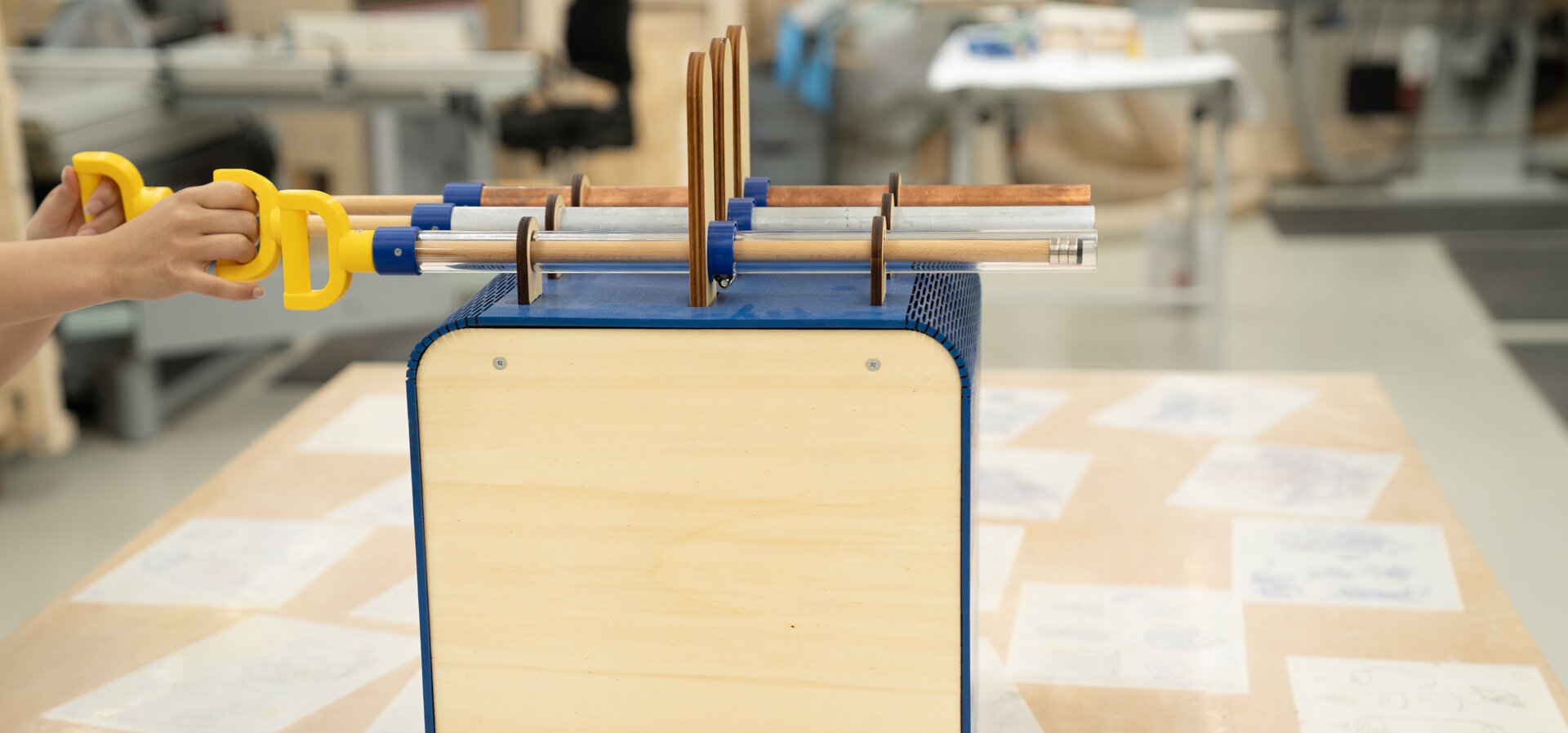MAKERSPACE Aalen: Space for innovation and practical experience

Aalen University of Applied Sciences is one of the strongest research universities for applied sciences in Germany. Here, teaching takes place not only in the lecture hall, but also in modern laboratories, workshops and practical projects. A particular highlight is the MAKERSPACE. However, the university is dependent on support in order to make it future-proof and attractive for students.
A MAKERSPACE is an open workshop that can be used by everyone. It offers students space to realize their own ideas, especially in technical and design courses. In the field of engineering, tangible products are created here that combine theory and practice.
Students today mainly work digitally, but they also need to be able to implement their ideas physically. The MAKERSPACE creates this bridge and offers an important training platform for digital and manual skills.Prof. Martin Pietzsch (Professor of Technical Design / Head of MAKERSPACE)

MAKERSPACE was launched in 2016 - for good reason: although the university already had very good production laboratories, these were not freely accessible to students. Many machines, such as 5-axis milling machines, could only be operated by trained specialist staff.
Bridge between theory and practice
With the focus on “Technical Design” in the “Mechanical Engineering / Development: Design and Simulation” course, a strongly project-oriented approach was pursued, which made the need for an open, practice-oriented workspace clear. A successful funding application to the Ministry of Science, Research and the Arts (MWK) made it possible to create dedicated premises for the MAKERSPACE. The MAKERSPACE has officially been in operation since 2019 and has been promoting creative thought processes ever since. The practical approach, for example by building prototypes, enables students to recognize mistakes early on and learn from them.
If the prototype does not work, this is not a step backwards, but the moment when the learning effect is greatest. This is where students realize what really works - and what doesn't.Prof. Martin Pietzsch (Professor of Technical Design / Head of MAKERSPACE)
Practical exercises such as origami folding or the construction of paper models also train accuracy, a sense of form and a pronounced awareness of quality.

From classic manual work to modern manufacturing processes
A wide range of tools and technologies are available at MAKERSPACE. The basic equipment includes various hand tools such as cutters, files and screwdrivers as well as electric hand tools such as cordless screwdrivers and drills. Woodworking machines are also available, including a milling machine, a planer and a lathe.
In terms of modern technologies, the MAKERSPACE offers a CO₂ laser cutter, which is ideal for materials such as wood, cardboard and certain plastics. There are also around six 3D printers available, which can be used to create prototypes and models in a short space of time.
Last semester, students developed an exhibit for a science center that clearly demonstrates the physical principle of the eddy current brake. A magnet falls through a metal tube and is noticeably decelerated by the resulting electromagnetic field. This effect makes the fundamentals of electromagnetic interactions tangible and at the same time invites visitors to experiment.

Technology meets funding - support from the Erich Franke Foundation
Especially in the technical environment, access to modern infrastructure is crucial in order to transform creative ideas into tangible results. This is where the support of the Erich Franke Foundation plays a central role. One concrete example is the acquisition of a CNC milling center for wood and plastics processing, which is co-financed by the foundation. The state-of-the-art machine enables the production of complex free-form surfaces, for example for casting models in foundries, and represents significant progress in the further development of MAKERSPACE.
The funding from the Erich Franke Foundation will enable us to modernize MAKERSPACE in the long term. The planned milling center will form the core of the newly designed MAKERSPACE in the future. It can be used intensively not only for teaching, but also for research projects.Prof. Martin Pietzsch (Professor of Technical Design / Head of MAKERSPACE)
The planned internal production will also reduce costs and use resources more efficiently, which represents clear added value for the entire university.
Vision for the future: expansion into a university-wide innovation center
Ambitious steps are also planned for the future: In the long term, a university-wide MAKERSPACE is to be created. A flexible space concept is planned with various workshop areas and predominantly self-built furniture, in keeping with the ‘making’ concept. In order to implement this project, the university will continue to rely on the support of the Erich Franke Foundation, not so much for inventory, but above all for the urgently needed increase in personnel.